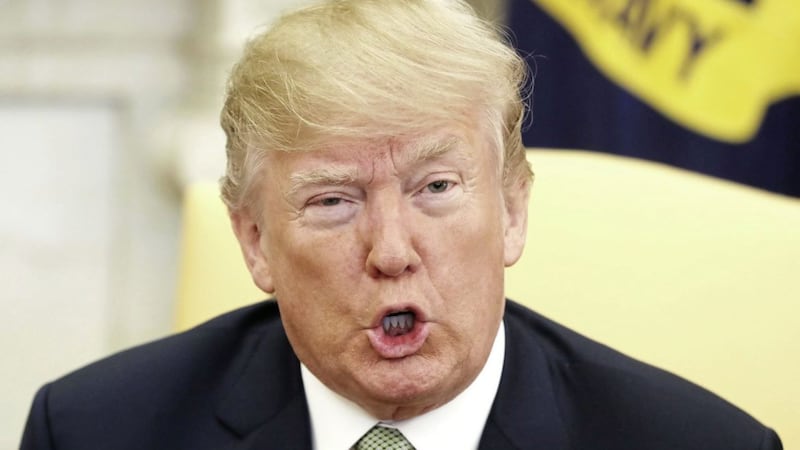Some days it seems that the loudest voices smother the laws of logic, while the slowest common denominators set the pace of social progress.
But here’s an alternative take: I believe - absolutely - that an abundance of underlying hope is resting just below the surface of our society’s public debates.
It’s a hope that rises every time we reframe society’s arguments around the value of human dignity (a common unifier) - rather than the binaries of victory or defeat in public policy debates (which ensure division).
Conviction in the power of social hope flows directly from an equally powerful belief in every single person’s inviolable dignity – even those whose actions can damage that very concept, for themselves or others.
Part of our current problem is that selfish power-blocs are successfully framing the public agenda – from Brexit politics to Trump’s presidency. Most public discussions only allow us to participate within the terms that key protagonists want to argue.
It’s almost like dealing with a manipulative child or a passive-aggressive person. If you surrender to their negative narratives, they invariably dictate the outcome. Sometimes the only answer is to reframe an entirely different conversation.
Look no further locally than the handful of small gangs still seeking to murder the individual right of human dignity – without due process, without defending fair employment, without regard for fundamental rights. Their power is brutal murder, but their supposed political justifications rarely receive public probing about human dignity. Why not? Didn’t past conflict devastate enough dignity?
More and more, major issues have been simplified into neat binaries - ‘for’ or ‘against’. Powerful forces in the public square (exploiting the likes of social media) try to avoid complexity. Their tactics include breaking the boundaries of what’s acceptable, preventing two-way engagement. In turn, this pollutes the climate of comprehension.
That’s why the past month of Pride celebrations, debates and parades have been so important. They have demonstrated the power of this society’s abundant hope and the merits of alternative narratives promoting dignity.
Like the English mother who told me about talking with Christian protesters opposing Belfast Pride, and who gently pointed out to them that Christ’s love is meant to be unconditional – including for her gay son.
The 2019 Pride events have dovetailed with significant changes to LGBT+ rights through creative Westminster legislation that should soon permit marriage equality for same sex couples in this jurisdiction.
But that rising tide of change has been preceded by decades of relentless effort – often lonely and difficult – from LGBT+ equality campaigners to establish their own narrative for better outcomes. It reminds us that enhancing equality is intrinsic to social progress.
When Belfast Pride launched in City Hall on July 26, I spoke officially on the Equality Commission’s behalf as one of its commissioners (a role unconnected with this regular column).
In the context of parliamentary moves at Westminster, I explained that we also need a restored Assembly so that a functioning executive can develop, and consult on, a sexual orientation strategy focusing on unresolved inequalities for LGBT+ people.
And I added: “Of course, there are limits to what even parliaments can achieve. Legislation may change laws. But education can change lives, and minds, forever.
“Ultimately, this is about the most precious connection that human beings can share during their lifetimes. It’s called love.
“Like the colours of the rainbow all around us, we shine brighter together in harmony. With love and education, with a strong, ongoing commitment to equality and inclusion – and, also, with generosity for other people and alternative perspectives - this society will be improved for the benefit of all in the time ahead.”
That framework for human dignity embodies universal values against which all of our public debates and discussions should now be tested - and transformed. But they’re only my views. Others will have their own valid perspectives.
So if we have failed to promote a discourse on dignity in the past (as many of us may have), we can still start again now, today. And we must. The high political drama of this week will come and go. But the need to champion dignity will remain, whatever else happens.








